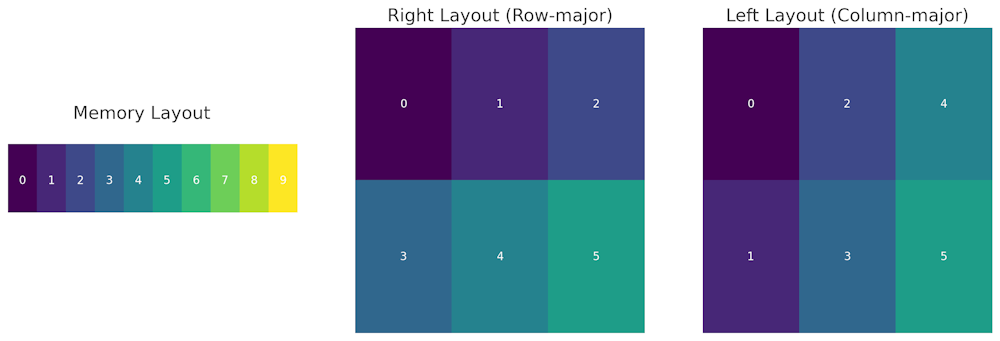GCC 15 is now available, with support for more draft C++26 features
 GCC 15 is now available!
GCC 15 is now available!
Here are some highlights from the release notes' C++ section:
-
Several C++26 features have been implemented:
- P2558R2, Add @, $, and ` to the basic character set (PR110343)
- P2552R3, On the ignorability of standard attributes (PR110345)
- P2662R3, Pack indexing (PR113798)
- P0609R3, Attributes for structured bindings (PR114456)
- P2573R2, = delete("reason"); (PR114458)
- P2893R3, Variadic friends (PR114459)
- P3034R1, Disallow module declarations to be macros (PR114461)
- P2747R2, constexpr placement new (PR115744)
- P0963R3, Structured binding declaration as a condition (PR115745)
- P3144R2, Deleting a pointer to an incomplete type should be ill-formed (PR115747)
- P3176R0, Oxford variadic comma (PR117786)
- P2865R5, Removing deprecated array comparisons (PR117788)
- P1967R14, #embed (PR119065)
- P3247R2, Deprecating the notion of trivial types (PR117787)
- C++ Modules have been greatly improved.
- Compilation time speed ups, e.g. by improving hashing of template specializations.
... and more, see the release notes.

 C++ is often seen as an ever-growing language, with each new standard introducing powerful features while maintaining backward compatibility. However, C++26 takes a step toward simplification by officially removing deprecated features, including implicit arithmetic conversions for enumerations and direct comparisons of C-style arrays, both of which previously led to unintended behavior.
C++ is often seen as an ever-growing language, with each new standard introducing powerful features while maintaining backward compatibility. However, C++26 takes a step toward simplification by officially removing deprecated features, including implicit arithmetic conversions for enumerations and direct comparisons of C-style arrays, both of which previously led to unintended behavior.
 Bjarne Stroustrup, creator of C++, is advocating for the adoption of guideline-enforcing profiles to enhance the language's safety and security.
Bjarne Stroustrup, creator of C++, is advocating for the adoption of guideline-enforcing profiles to enhance the language's safety and security. In this article, we’ll see details of
In this article, we’ll see details of  A customer attempted to log exceptions using a
A customer attempted to log exceptions using a  Network packets can be represented as bit fields. Wu Yongwei explores some issues to be aware of and offers solutions.
Network packets can be represented as bit fields. Wu Yongwei explores some issues to be aware of and offers solutions.